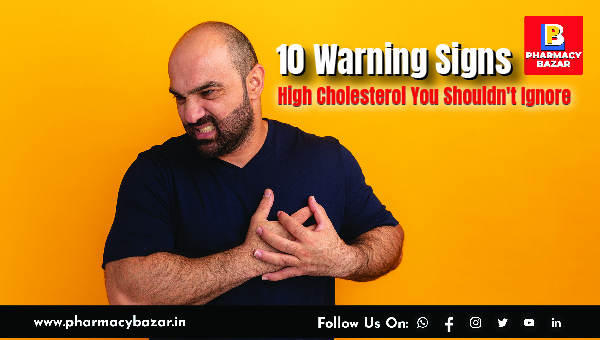10 Warning Signs of High Cholesterol You Shouldn't Ignore
Apr 04, 2024
In the intricate web of human health, cholesterol plays a pivotal role. This waxy, fat-like substance is essential for the production of hormones, Vitamin D, and the construction of cell membranes. However, when cholesterol levels surge beyond the body's requirements, it can quietly instigate a cascade of cardiovascular complications, often evading detection until the damage is done. Understanding the red flags of elevated cholesterol levels is paramount for preemptive intervention and safeguarding cardiovascular health.
1. Tingling Sensation
A telltale sign of high cholesterol is the onset of atherosclerosis, a condition where arteries narrow due to the buildup of cholesterol-rich plaques. This arterial constriction can impede blood flow, manifesting as numbness, tingling, or weakness in extremities such as hands and feet.
2. Breathlessness
Unexplained breathlessness, particularly during physical exertion, may signify compromised coronary arteries, a common consequence of elevated cholesterol. Reduced oxygen delivery to the heart muscle due to arterial narrowing can induce breathlessness even with minimal activity.
3. Persistent Headaches
High cholesterol-induced vascular alterations may trigger recurrent headaches, notably migraines. These vascular changes disrupt cerebral blood flow, contributing to headache onset and persistence.
4. Yellowish Skin Deposits (Xanthomas)
Xanthomas, characterized by yellowish skin deposits, often localized around the eyes, knees, elbows, or tendons, serve as tangible indicators of excessive cholesterol accumulation beneath the skin's surface.
5. Xanthelasma
Similar to xanthomas, xanthelasma manifests as yellowish spots on the eyelids, signaling underlying lipid abnormalities and frequently correlating with elevated cholesterol levels.
6. Gastrointestinal Distress
Persistent bloating, indigestion, or postprandial discomfort may denote gastrointestinal complications associated with impaired fat metabolism due to high cholesterol levels, potentially straining liver function.
7. Chest Pain or Discomfort
The onset of chest pain, tightness, or discomfort, particularly during exertion, suggests compromised blood flow to the heart muscle, a consequence of narrowed arteries secondary to high cholesterol.
8. Fatigue and Weakness
Chronic fatigue, weakness, or lethargy, even after adequate rest, can stem from compromised circulation caused by high cholesterol, hindering oxygen delivery to tissues and organs.
9. Cognitive Impairment
Narrowed cerebral arteries linked to elevated cholesterol can precipitate diminished blood flow to the brain, culminating in cognitive dysfunction characterized by difficulty concentrating, memory lapses, or disorientation.
10. Erectile Dysfunction
In men, reduced penile blood flow attributable to high cholesterol may lead to erectile dysfunction, serving as a harbinger of underlying vascular dysfunction and necessitating comprehensive cardiovascular assessment.
Conclusion:
High cholesterol lurks insidiously, camouflaging its deleterious effects until cardiovascular complications materialize. Recognizing the warning signs—be it tingling sensations, persistent headaches, or gastrointestinal distress—empowers individuals to proactively manage their lipid profile and avert cardiovascular calamities. Vigilance coupled with timely intervention can mitigate the perils posed by high cholesterol, fostering enduring cardiovascular health and well-being.
DISCLAIMER: This article is the property of Pharmacy Bazar and is protected by copyright laws. The information provided in this article is for educational and informational purposes only and is not intended to be a substitute for professional medical advice, diagnosis, or treatment. Always seek the advice of a qualified healthcare provider with any questions you may have regarding a medical condition. Never disregard professional medical advice or delay in seeking it because of something you have read in this article. The author and publisher of this article do not endorse any specific treatments, procedures, or products mentioned in this article.
Recent Post
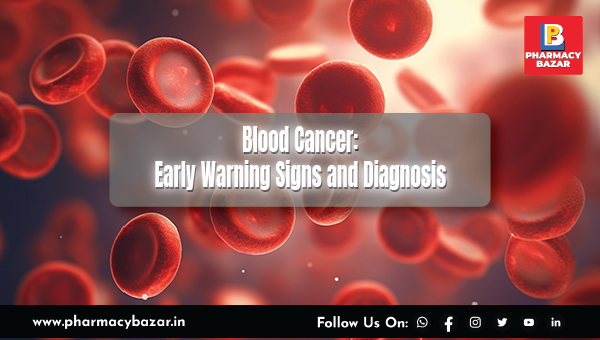
Blood Cancer: Early Warning Signs and Diagnosis
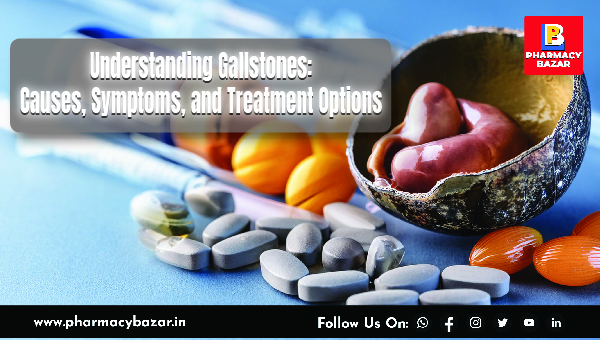
Understanding Gallstones: Causes, Symptoms, and Treatment Options
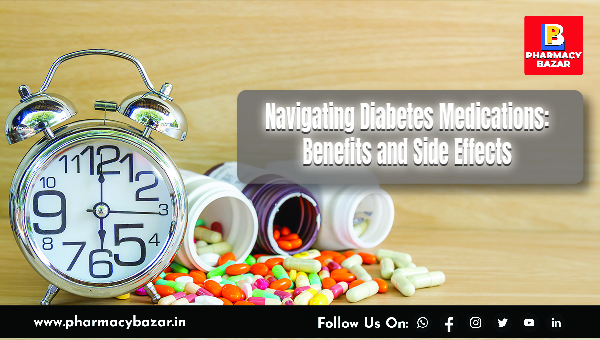
Navigating Diabetes Medications: Benefits and Side Effects
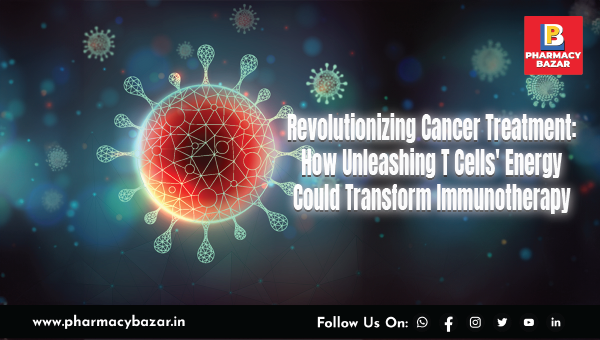
Revolutionizing Cancer Treatment: How Unleashing T Cells' Energy Could Transform Immunotherapy

The Power of Lower Back Stretches: Benefits and Best Yoga Asanas for a Healthy Spine
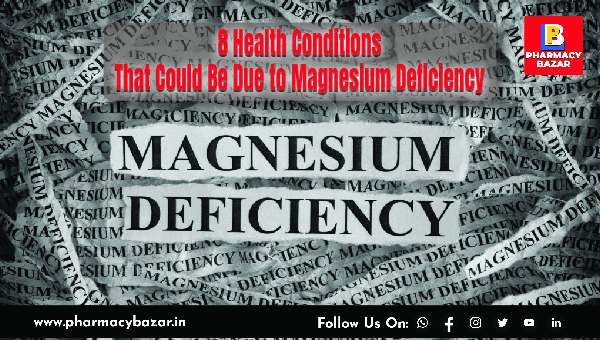
8 Health Conditions That Could Be Due to Magnesium Deficiency
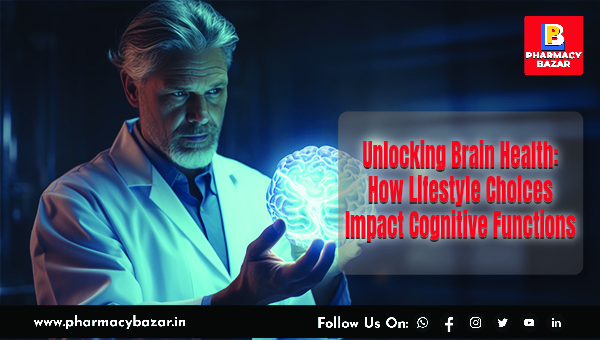
Unlocking Brain Health: How Lifestyle Choices Impact Cognitive Functions

When Speech Takes a Surprising Turn: Unraveling Foreign Accent Syndrome
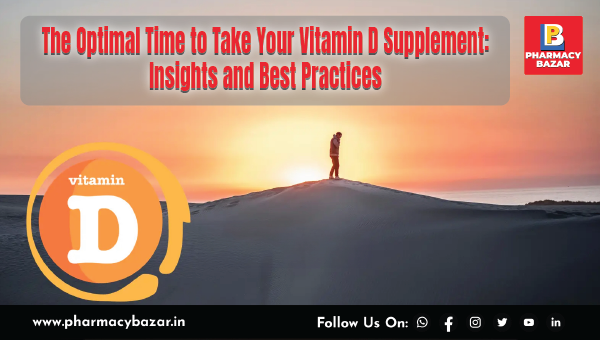
The Optimal Time to Take Your Vitamin D Supplement: Insights and Best Practices
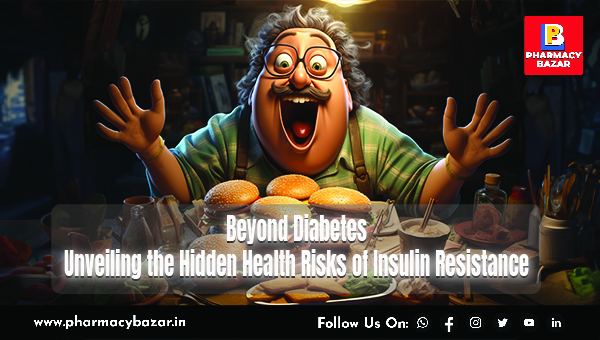
Beyond Diabetes: Unveiling the Hidden Health Risks of Insulin Resistance

